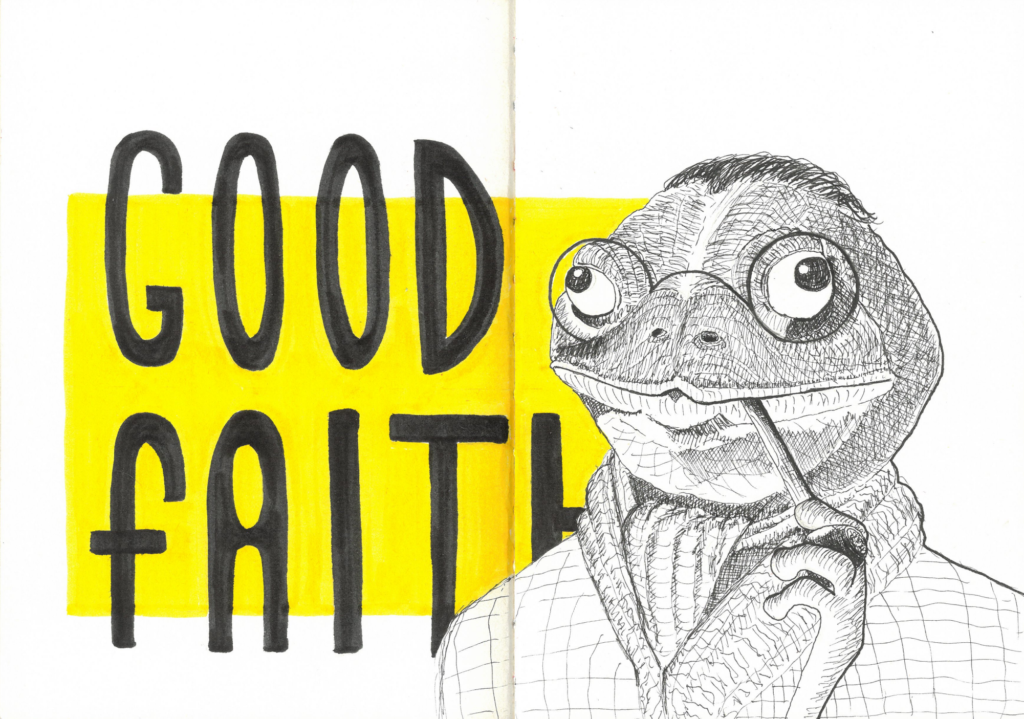
Jean-Paul Sartre born 1905, was a French philosopher and political activist best known for his work Being and Nothingness (1943). Sartre would become a leading figure of 20th Century philosophy (particularly Existentialism) and Marxism. A key theme of Sartre’s works would explore the tension between conformity for the sake of survival in society and the responsibility of the individual to transcend this in order to live authentically.
Sartre is considered one of the founding figures of Existentialism. This philosophy explored themes related to individual existence, freedom, choice, responsibility and the inherent challenges of human life.
In Being and Nothingness Sartre introduces us to the concept of ‘Bad Faith’ and its natural counterpart ‘Good Faith’. Bad faith refers to a state in which individuals deceive themselves about their own freedom and evade their responsibility for the choices they make. It involves denying one’s own agency and allowing external factors or societal norms to dictate one’s action and identity.
In bad faith, individuals act as if they are not truly free to make choices, even though they are. They adopt roles and behaviors that align with societal expectations, thereby avoiding the anxiety and responsibility that comes with authentic self-determination.
For example we can imagine a young person who has a deep passion for art but is under pressure from their family to pursue a more stable and lucrative career, such as becoming a doctor. Despite their true desire to be an artist, they decide to study medicine because they feel obliged to meet their family’s expectations and conform to societal norms. They convince themselves that becoming a doctor is their ‘true calling’ or that they find some kind of artistic expression within the medical field.
In this scenario, the individual is engaging in bad faith. They are denying their own freedom to choose the path that aligns with their genuine passion and identity. Instead they are allowing external influences to determine their life choices. They may experience a sense of inner conflict and dissatisfaction, as their actions are not in line with their authentic self.
Sartre calls us to instead live in ‘Good Faith’ where we recognise our capacity for free choice and to take responsibility for our decisions, even in the face of societal pressures and existential anxiety. He urges individuals to confront the discomfort of their own freedom and embrace the challenge of living authentically, rather than adopting roles that mask their true desires and potential.
You can watch a great short video essay on Sartre here.
“Life begins on the other side of despair” – Jean-Paul Sartre

